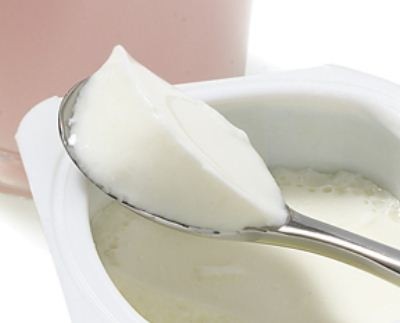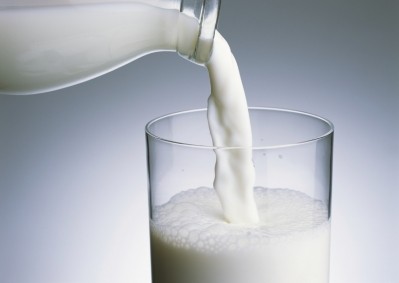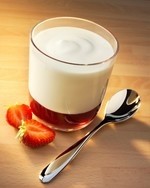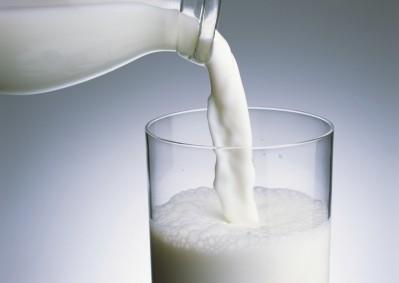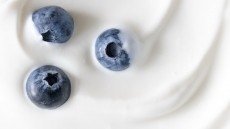Sexier mice eat probiotic yogurt: researcher hints at human implications
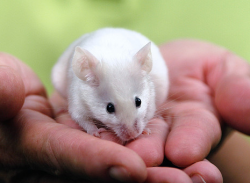
An unpublished study written by two scientists at the Massachusetts Institute of Technology (MIT) found that mice fed probiotic yogurt were shinier than other mice with thicker fur, while males projected their testes outwards and exuded a certain ‘mouse swagger’.
Testicles were on average 5% heavier than those in mice fed typical diets alone, and 15% heavier than those of males fed the ‘junk food’ diet.
Faster insemination
Mating experiments also showed that males inseminated partners faster and produced more babies than control mice, while females eating yogurt weaned larger litters more effectively.
Asked whether she believed the results could recur on a human level, to any extent, co-author and cancer biologist Susan Erdman from the MIT told DairyReporter.com:
“There’s certainly potential relevance to humans. Journalist Elie Dolgin who authored a piece for Scientific American and researches the topic learned that Harvard researchers [led by Jorge Chavarro] discovered improved semen quality in men eating yogurt.”
Probiotic organisms
Erdman added that she and co-author, evolutionary geneticist Eric Alm, believed that the results were due to probiotic organisms in the yogurt; they initially began research last summer to better understand the effects of yogurt on obesity.
Taking a cohort of 40 male and 40 female mice, the scientists fed them with either a high-fat, low-fibre, low-nutrient diet (to mimic junk food) or standard mouse meals.
Thereafter, they supplemented half of the food within each diet group with vanilla-flavoured probiotic yogurt to assess how probiotics in the diet impacted obesity and its complications such as cancer, before observing the unexpected effects.
